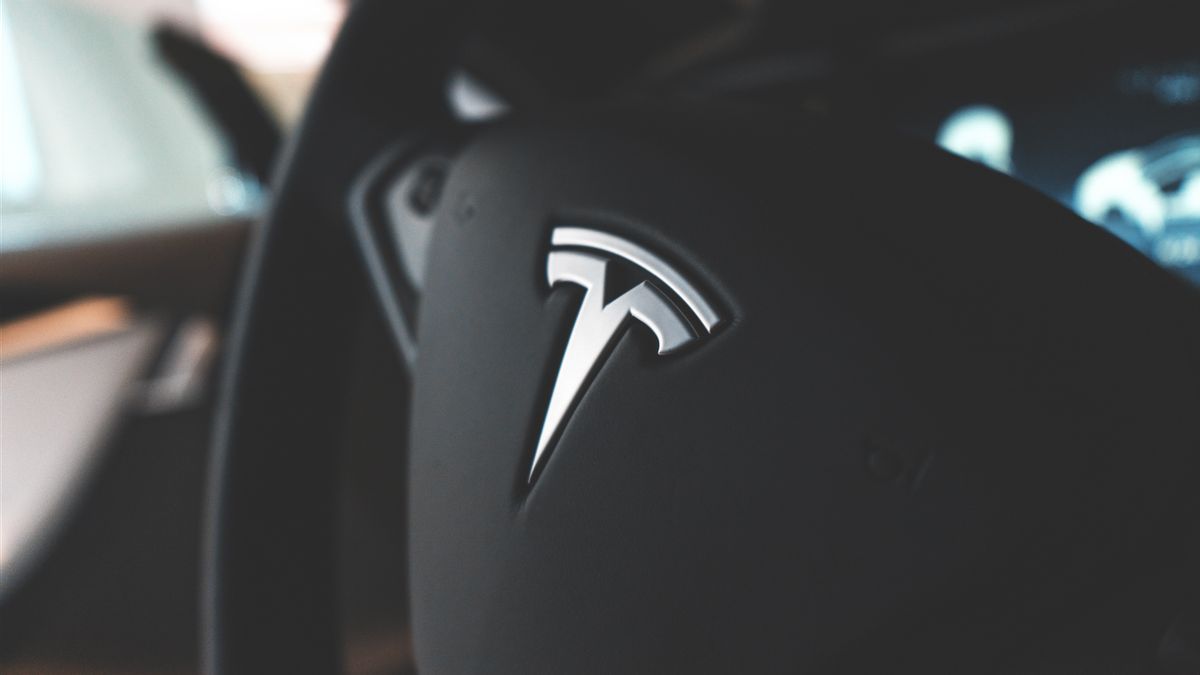JAKARTA - Samsung has been trying to become a leader in the chipset market and seems to be slowly developing in that direction. With Huawei leaving the market, at least for now, the South Korean company has an opportunity to demonstrate its capabilities.
With the ongoing expansion and increasing adoption of electric vehicles and a shortage of chipsets in the market due to the COVID-19 pandemic, the Korean giant saw such an opportunity and has expanded its semiconductor business into autonomous cars.
As reported by Gizmochina, Samsung and Tesla are reportedly partnering to make chips using a 5nm manufacturing process for Autonomous Driving (Self-Driving Cars).
According to reports, the chipset is said to be in the Research & Development (R&D) stage at the Samsung Foundry Division and will be installed on a Tesla autonomous vehicle.
As said, the chipset is built using the 5nm Extreme Ultraviolet (EUV) process, which only a few companies namely Samsung and TSMC can do.
Previously, Samsung was already a partner of Tesla to manufacture the company's current self-driving chips for computer hardware 3.0. But the chips currently in use are made using a slightly older 14nm technology.
It should be noted, the South Korean giant has recently reorganized its organizational structure and relocated some of its workforce in the Advanced Driving Assistance System (ADAS) which focuses on autonomous driving technology.
If the new Samsung-Tesla collaboration is successful, then Samsung could pose a major threat to TSMC, which also entered the sector last year with a 7nm chip.
The English, Chinese, Japanese, Arabic, and French versions are automatically generated by the AI. So there may still be inaccuracies in translating, please always see Indonesian as our main language. (system supported by DigitalSiber.id)













